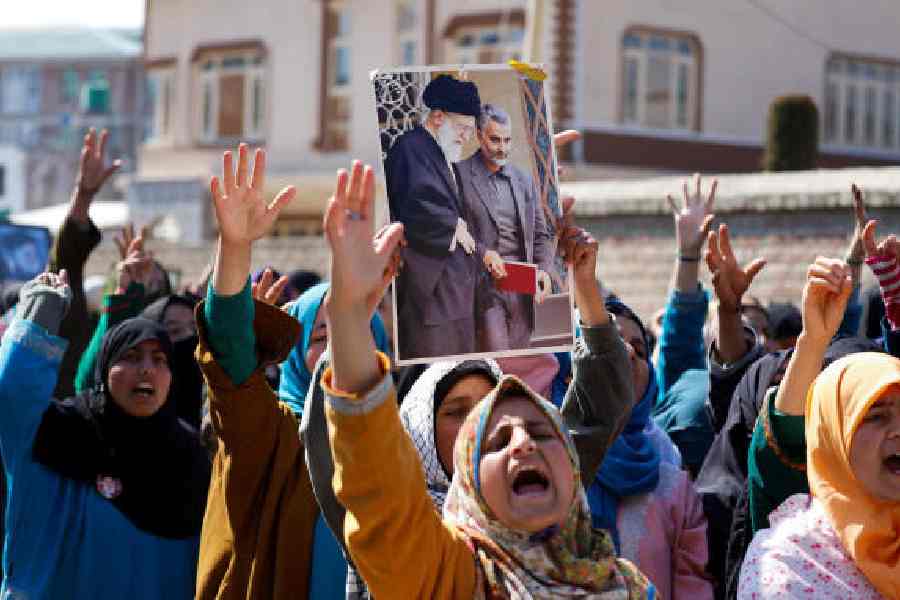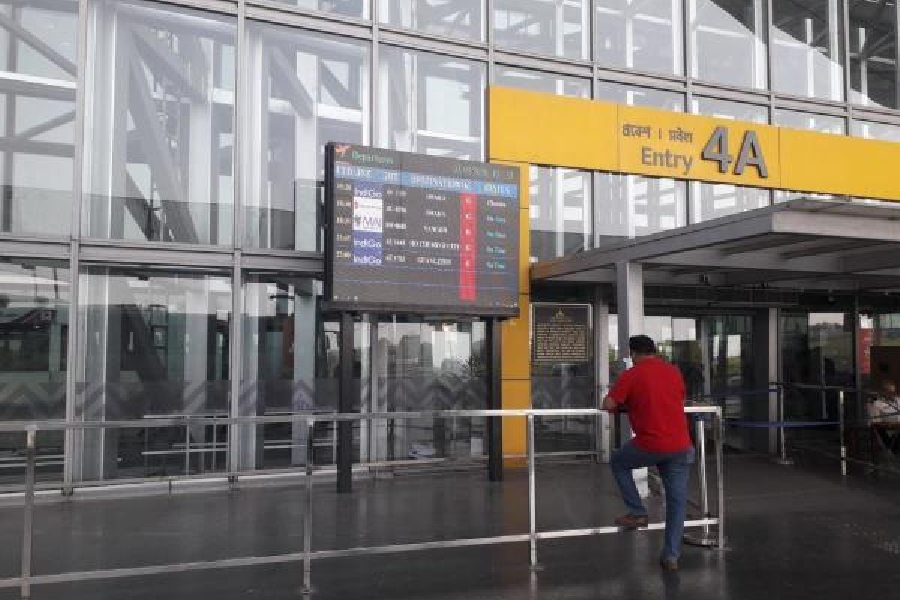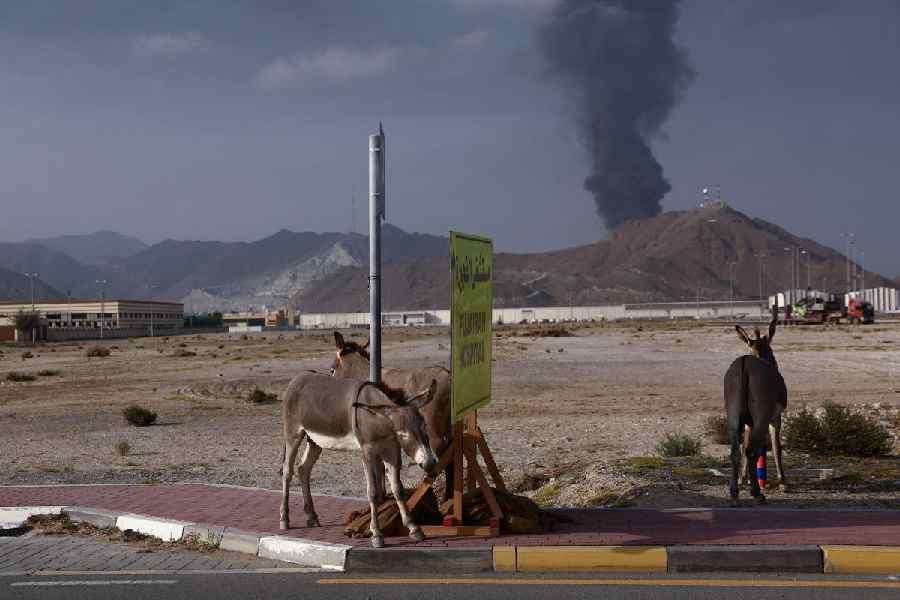 |
| Caught on camera |
Agartala, Nov. 25: Tripura minister for tribal welfare Aghore Debbarma released a 60-minute documentary — Bruni Tharung (cultural tradition of the Reangs) — here last evening.
The documentary — a 60-minute fact-file on the life and traditions of the Reangs or Brus — was sponsored by the Bru Socio Cultural Organisation with financial assistance from the state directorate of tribal rehabilitation in plantation and primitive group programme.
The Centre has identified the Reangs or Brus of Tripura as a “primitive group” in light of their socio-economic backwardness, primitive agricultural technology and low literacy levels.
But this jhum-centric community has a rich traditional and cultural history that has been relegated to the backseat in light of the Reangs’ decades-long struggle for political survival.
The documentary — this is the first time the community has been documented on film — is an effort towards highlighting the low-profile community.
Speaking at the release event, Debbarma called upon the organisation’s activists to make every effort to preserve the “once rich” culture of the Reangs, who “lead a truncated existence in Mizoram, Tripura and neighbouring areas of Assam’s Barak valley”.
The Reangs constitute Tripura’s 20,000 indigenous shifting cultivators who live exclusively by jhum. Since the late 19th century, the Reang shifting cultivators had started migrating to neighbouring Mizoram in search of fresh jhum land and now they constitute the second largest indigenous population in that state, next only to the Mizos. But even mass conversion to Christianity has done little towards improving the socio-economic lot of the Reangs, at least 35,000 of who have been sheltered in six camps as refugees in North Tripura’s Kanchanpur subdivision for the past 15 years.
In Tripura, however, the community fares much better because the state government is sensitive towards its problems.
Speaking about the documentary, the organisation’s president, Bhagirath Reang, said, “This documentary captures all facets of the life and culture of the Reangs, including shifting cultivation, their religious rites and rituals involving a mixture of Hinduism and animism, cultural legacies such as the Hozagiri dance and other aspects of their life.”
He said an attempt had been made in the film to portray the socio-economic transformations in Reang lifestyle over the past six decades. “Lifestyles always change and the Reangs have also come a long way. There may be other major changes but this film documents the original life and culture of my community.”










